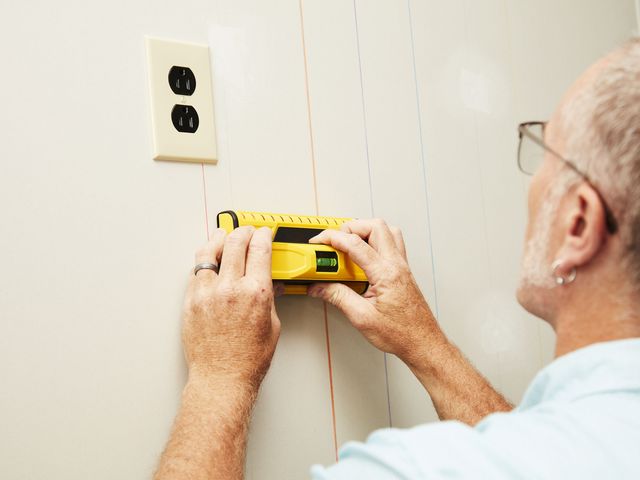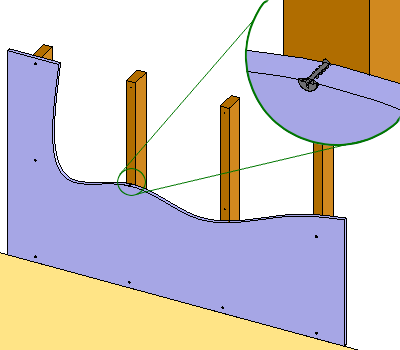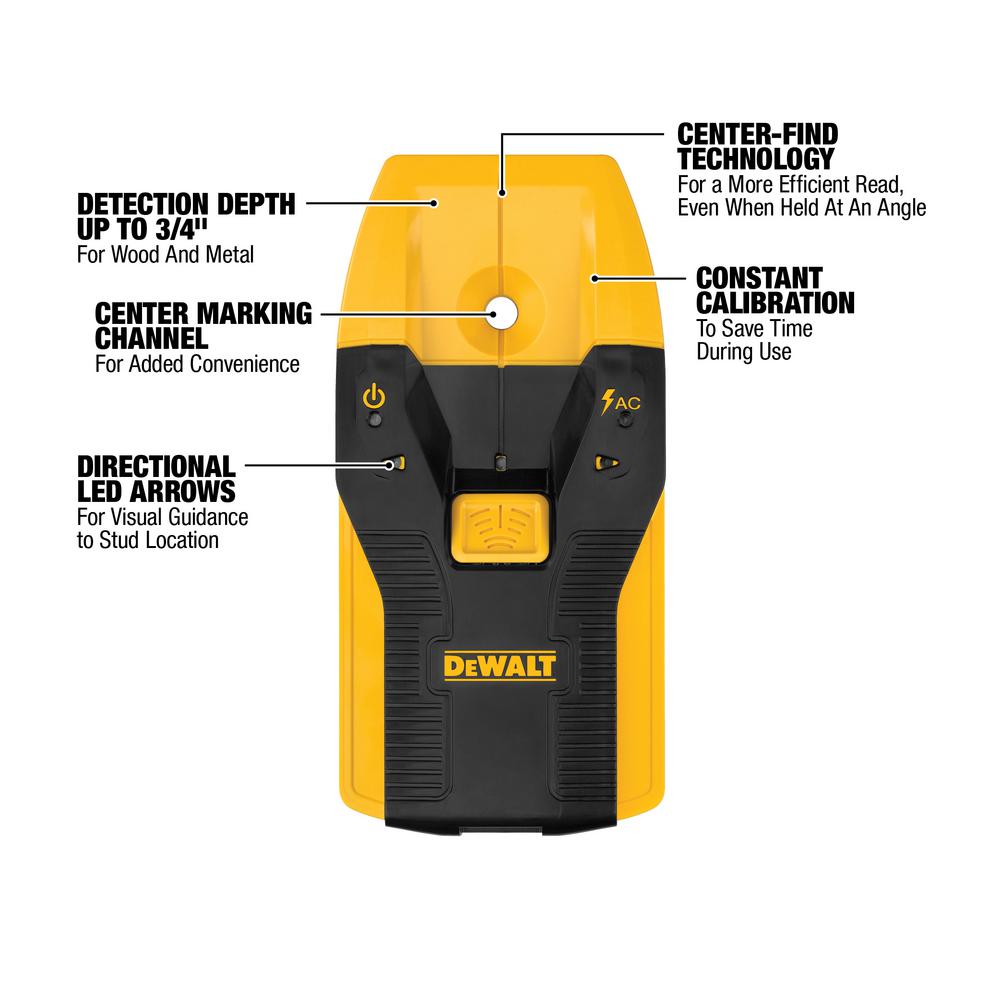There are also some devices employing radar. Before there were stud finders either you pounded a small nail into the wall until you hit a stud or you used a small pivoting magnet.

7 Best Stud Finders In 2020 For Drywall Plaster Tile And
How does a stud finder work. Due to its high density a stud would have a greater effect on the electric current. These little beauties simply locate the screws or nails that hold the drywall to the stud. Basically the radar in the stud finder shoots out a radio wave that bounces back once it reaches an object. How magnetic stud finders work. While there are many different stud finders available most fall into two main categories. A stud finder is a handheld device used with wood buildings to locate framing studs located behind the final walling surface usually drywall.
Stud finders are little devices used to locate the beam of wood metal wiring running through drywall so you can find something strong to screw things too. When the stud finder alerts you to a studvia a beep or flashing light depending on the finder in questionretrace the last few inches with the unit to double check where the alert is occurring. The very first stud finders were magnetic in nature. When pointed at an empty wall the sound takes longer to bounce back than it does when it is in front of a stud. A simpler stud finder on the other end of the scale simple often rules the day. They give you an amazingly accurate view into the wall and show you exactly where each stud is.
Electronic stud finders changed all that. This field produces its own variable magnetic flux in a metallic object found at an accessible distance. As a result the detected object acquires its own. By and large electronic stud finders are cheaper and easy to use. Theyre incredibly useful and you can find a huge range of them online. So this is how a stud finder works.
The alternating current of the device creates a non constant magnetic field which is subject to change. The magnet technique is slow. They can also show you the exact area occupied by a stud. Thats the case with the studpop magnetic stud sensors. The first technique works but it damages the wall. Magnetic stud detectors and electric stud finders.
The magnet would help you find nails that had been driven into a stud. Modern electronic stud finders operate by measuring the capacitance difference in the wall to identify where a wall is denser. Any stud finder will work well however they all work differently. They are normally handheld devices which are used to sense where the material behind the device is denser. By measuring the electrostatic field of a wall and detect slight differences in the flow of electrons stud finders detect the relative change in density and thereby studs showing the best place to drive that nail.

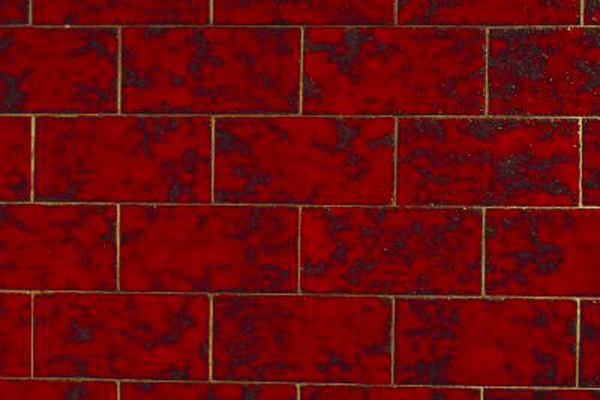



:max_bytes(150000):strip_icc()/_hero_SQ_1SP4155616-1-33653bd7df9442249edcb43a1eeec391.jpg)

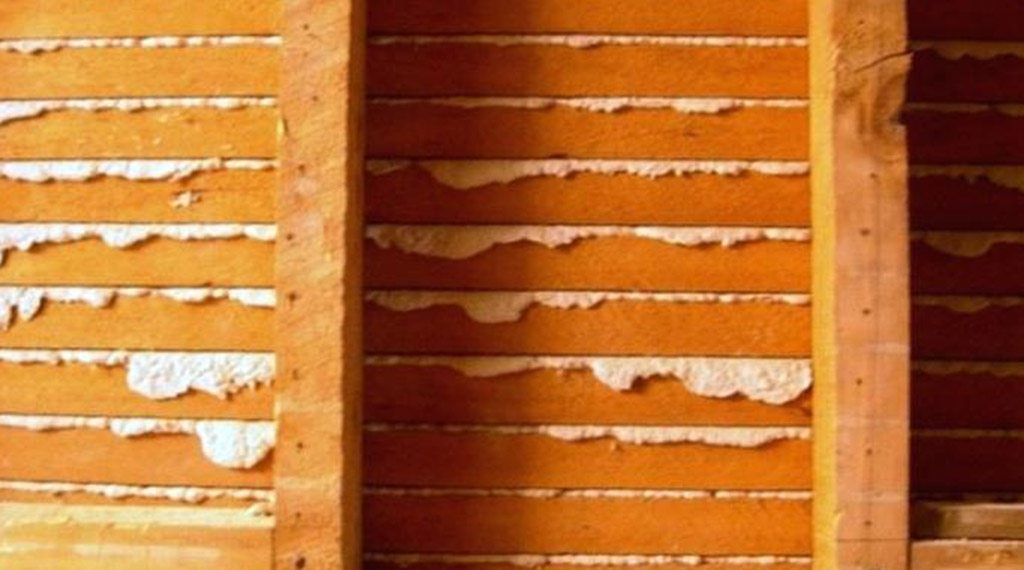

/DEWALT12-VoltMAXLithium-IonCordlessWallScannerwithBattery1.5Ah1-HourChargerandCase-5a25a0d9beba330037451d7a.jpg)
